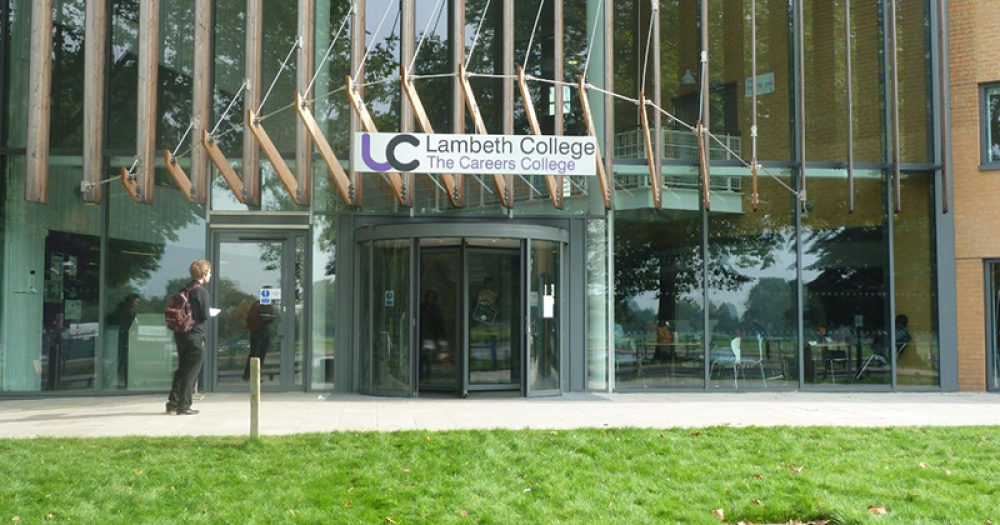A university’s controversial plans to take a college over by the back door have been delayed, FE Week can reveal.
Lambeth College consulted in June on proposed changes to its governance structure, which would have handed significant control over how it is run to London South Bank University, ahead of a formal merger.
The changes had been due to take effect from mid-June – but the college has confirmed that they are yet to be implemented.
Monica Box, Lambeth’s interim principal, told FE Week that the college’s board had “considered the responses to the consultation on changes to governance” and had “reaffirmed its commitment to make changes to the governance profile” but admitted that “the timescale has been altered”.
This is to allow the board to take into consideration “feedback from the college application for the designation criteria pilot” which is expected “early in the autumn term”.
The changes would see the college’s principal stripped of many of her responsibilities, while at least half of the college’s governors would be appointed by LSBU.
Amendments would be made under the college’s instruments and articles of governance, which don’t need to be signed off by the government.
Among the powers that Ms Box would therefore pass over to the university include annual budgets, staffing arrangements and the college’s “strategic direction”, according to the consultation document on Lambeth’s website.
“Up to five” governors would be chosen from among LSBU governors and senior staff, sitting alongside the university’s vice-chancellor “unless he or she chooses not to be a governor”.
The college would be represented by an employee and a learner, along with two or three independents, who would be selected from among its current governors.
“All other governors of Lambeth College will resign,” the document explains.
These proposals came months ahead of a consultation on a potential merger between the college and university.
This amalgamation was one of three options proposed for the college, which was rated as ‘requires improvement’ at its most recent Ofsted inspection in December, in the central London area review.
A report published by the former FE commissioner Sir David Collins in March, based on a visit to the college in September 2016, concluded that it was “no longer sustainable” unless it merged.
His visit had been precipitated by a “significant deterioration” in the college’s finances, caused by poor financial management.
The college was bailed out by Education and Skills Funding Agency last year after its projected deficit for 2015/16 ballooned from £500,000 to more than £5 million.


Your thoughts